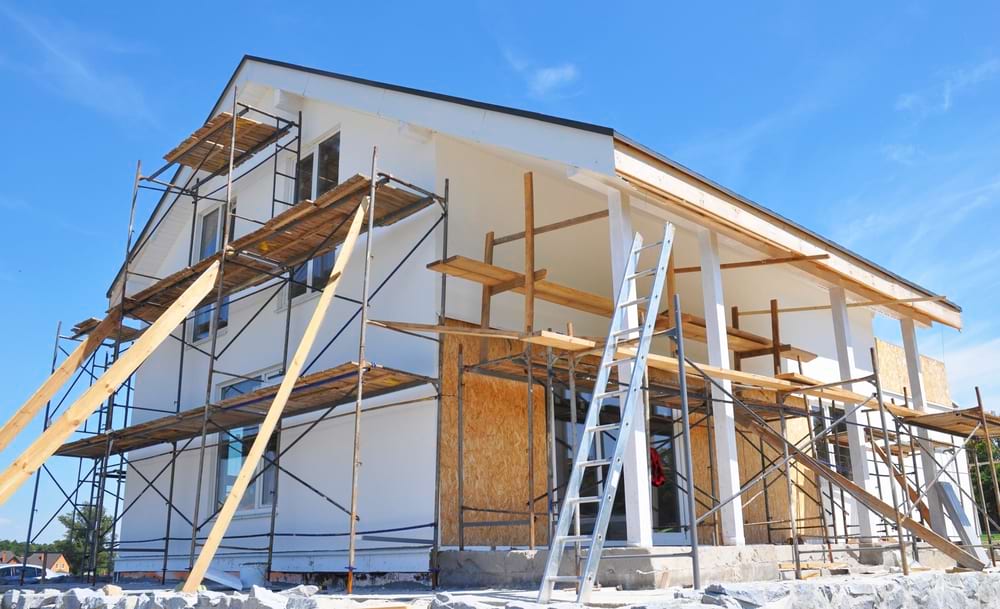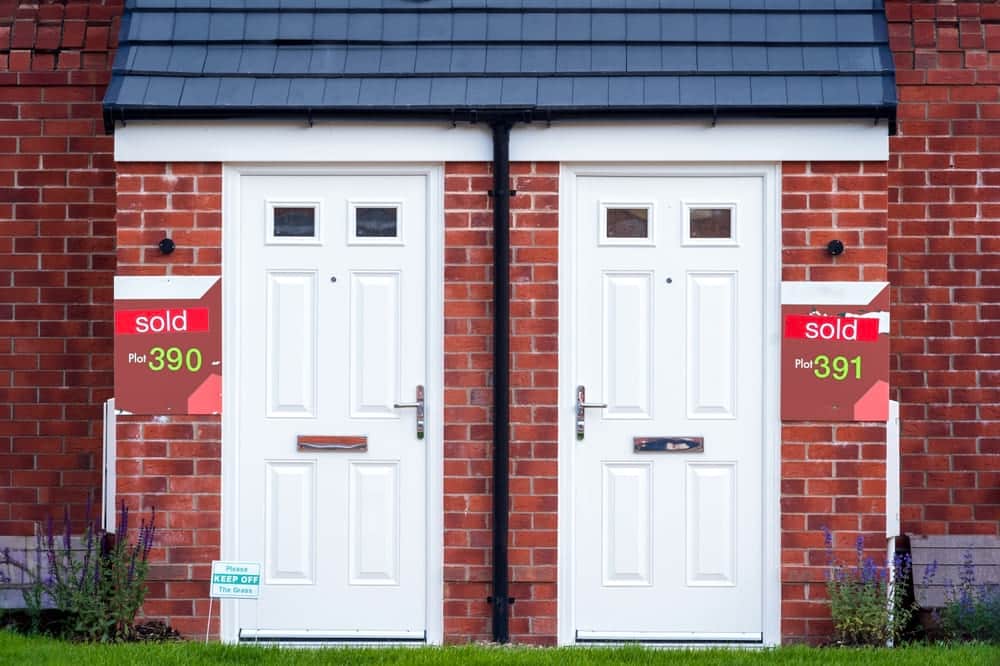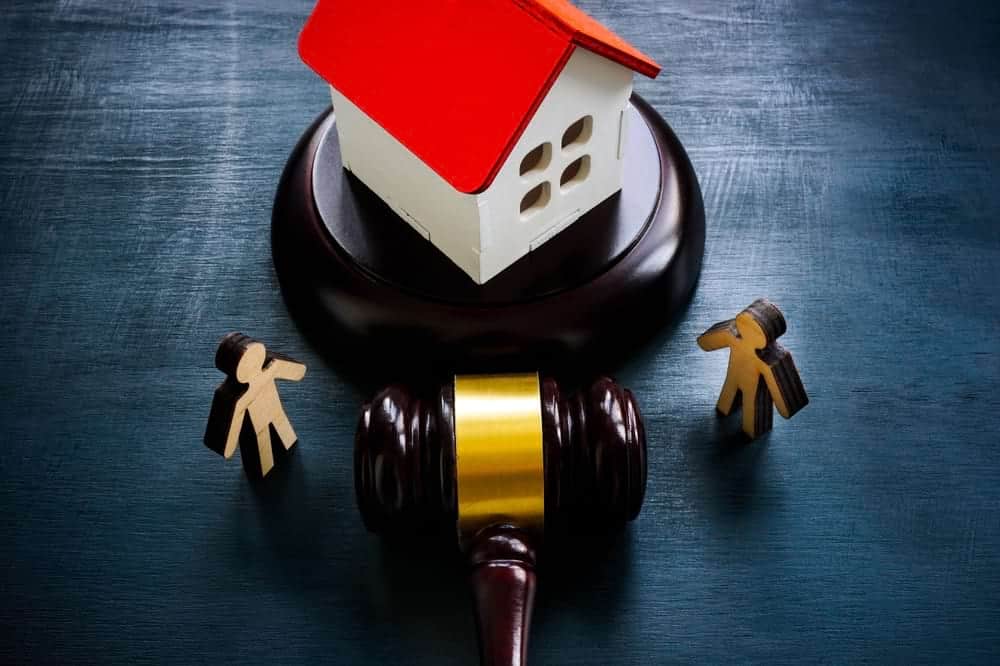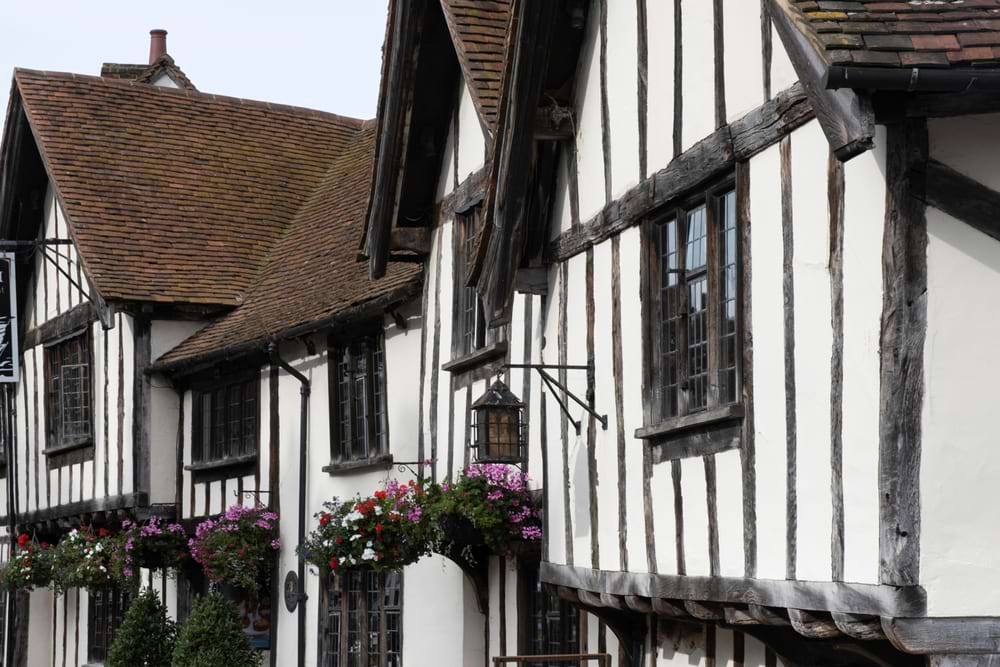Understanding the basics of a deed of covenant is crucial.
It applies to applies to property owners, potential buyers, and lenders.
Read on to learn more.
What is a deed of covenant?
A deed of covenant is a legally binding document that formalises a covenant between two parties, typically:
- The covenantor: The owner of a property
- The covenantee: A beneficiary.
In the context of property transactions, a deed of covenant largely affects leasehold properties.
It is a document that secures a commitment from the new owner of a property to maintain specific conditions (see below, ‘When might a deed of covenant be useful’).
It provides the covenantee with the right to enforce the terms of the agreement if the covenantor fails to fulfil their obligations.
It is a legally binding document and should be carefully considered and drafted by a qualified legal professional.
When might a deed of covenant be useful?
Leasehold properties
A deed of covenant is useful for a leasehold property. In fact, it’s almost a guarantee.
If you’re buying a leasehold property, you should expect to sign a deed of covenant as part of the purchase process.
Most leases will include a mention of the deed as a non-negotiable step in the purchase or underletting of a leasehold property.
The deed of covenant will set out all of the terms and conditions between the freeholder and the leaseholder.
Stopping renovations or alterations
One of the original purposes of covenants was to prevent building and land being built on, changed or extended in the future.
Covenants like this are common in listed properties or homes with historical significance. If buyers wanted to make any changes to a property or land, they would need to request permission.
Maintaining a look or feel
Another use for covenants is maintaining the way an area looks.
This could be as simple as requiring that all windows are sash windows or that any extensions or renovation work is in keeping with the original look and feel.
Easements
Covenants are also useful for easements, such as when a third-party needs to cross the property to reach their own.
A covenant will outline the specific details of how they can do this (whether by foot, by car, or only at certain times of the day, etc.).
What is a positive covenant and a negative covenant?
There are two types included in a deed of covenant.
A positive covenant
Positive covenants are an obligation that requires the covenantor (the person who is making the commitment) to take some positive action.
For example, a Positive Covenant might require the covenantor to maintain a garden hedge, carry out specified repairs, or to make improvements to the property.
A negative covenant
Negative covenants are an obligation that requires the covenantor to refrain from taking certain actions.
For example, a negative covenant might prohibit the covenantor from using a property for specific purposes, such as using it for commercial purposes or making alterations to the property.
Both Positive and negative covenants are included in a deed of covenant to protect both parties’ interests and ensure that the agreement’s terms are fulfilled.
Does a deed of covenant cost anything?
Yes, a Deed of Covenant can come with costs associated with its creation and implementation.
These costs may include the following:
Legal fees
A Deed of Covenant is a legally binding document and must be drafted by a qualified legal professional.
The cost of this legal service will depend on the Deed of Covenant’s complexity and the legal professional’s qualifications and experience.
Filing fees
The Deed of Covenant may need to be registered with the relevant authority, such as the Land Registry, and there may be a fee associated with this process.
Monitoring and enforcement costs
If a deed of covenant is breached, it may be necessary to take legal action to enforce the terms of the agreement. This can involve additional legal fees and other costs.
A standard deed of covenant will cost around £150-200. The exact costs will depend on the specific circumstances and agreements that need to be included.
Should I get legal help with a deed of covenant?
Yes, you should seek legal help with a Deed of Covenant.
It is a legally binding document, and it’s crucial to ensure that the terms of the agreement are clearly defined and properly understood.
A qualified legal professional can help you navigate the legal requirements and provide guidance on the specific terms and conditions included.
They can also help you understand the potential consequences of entering into such an agreement and help ensure that your interests are protected.




















